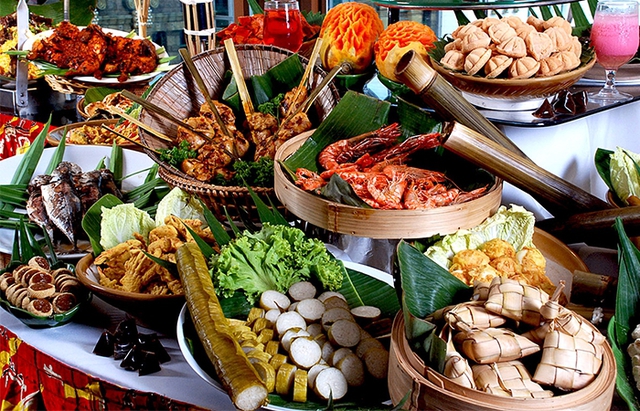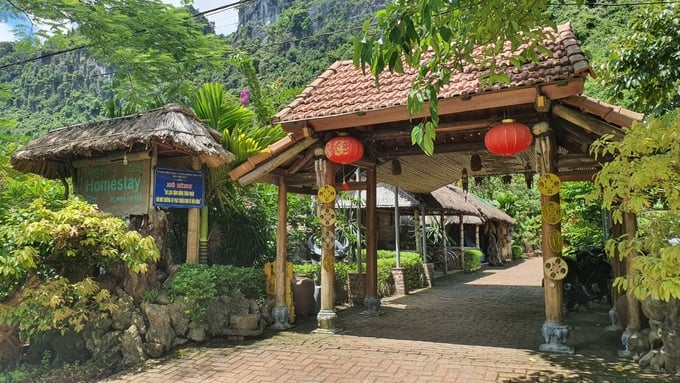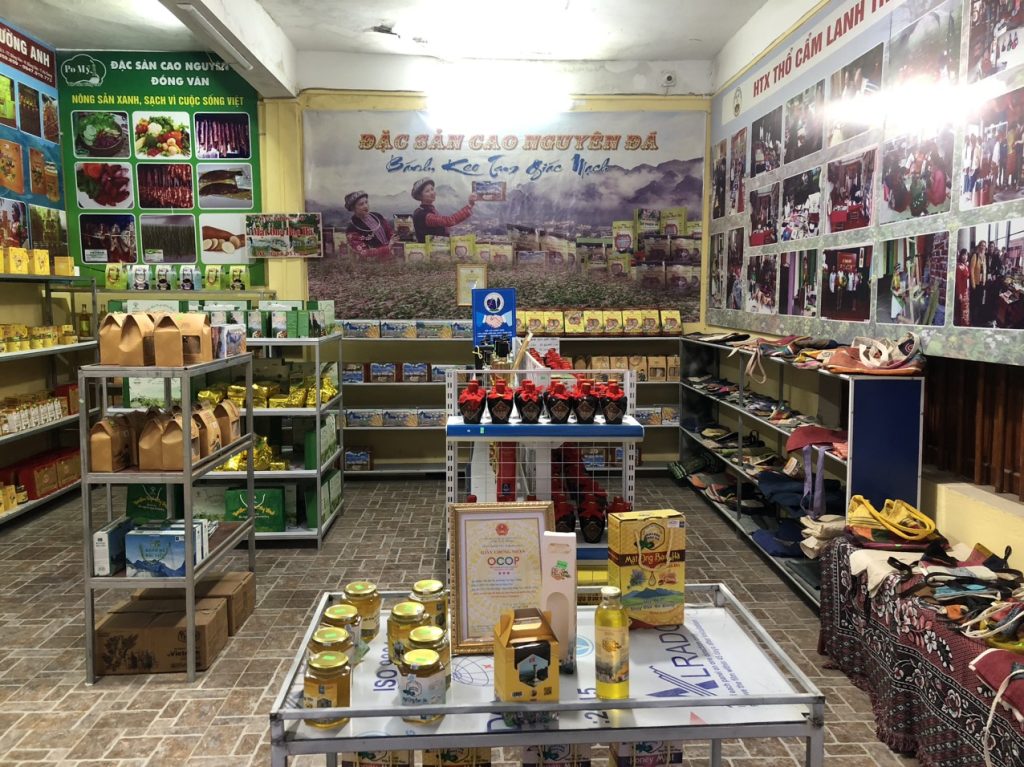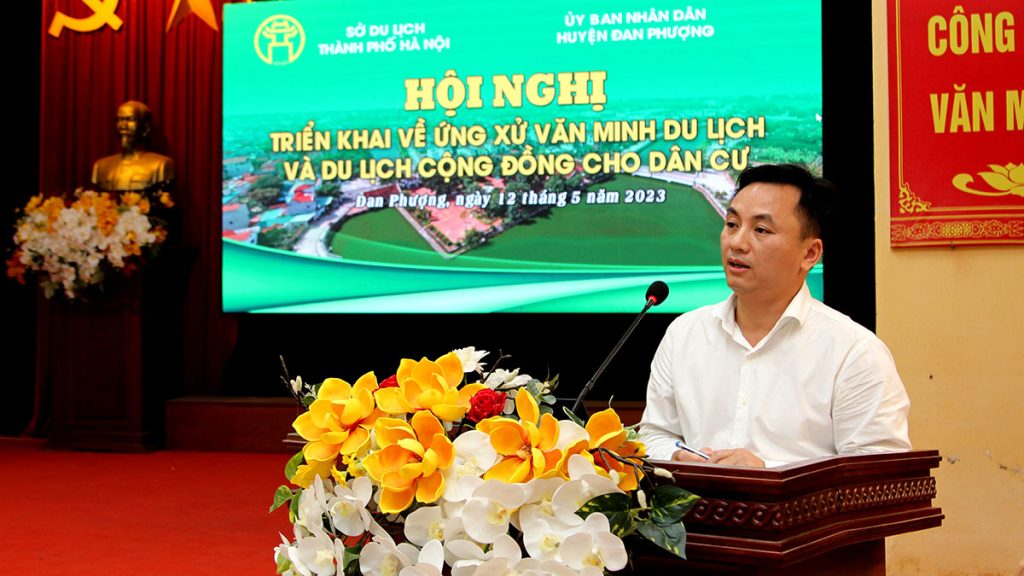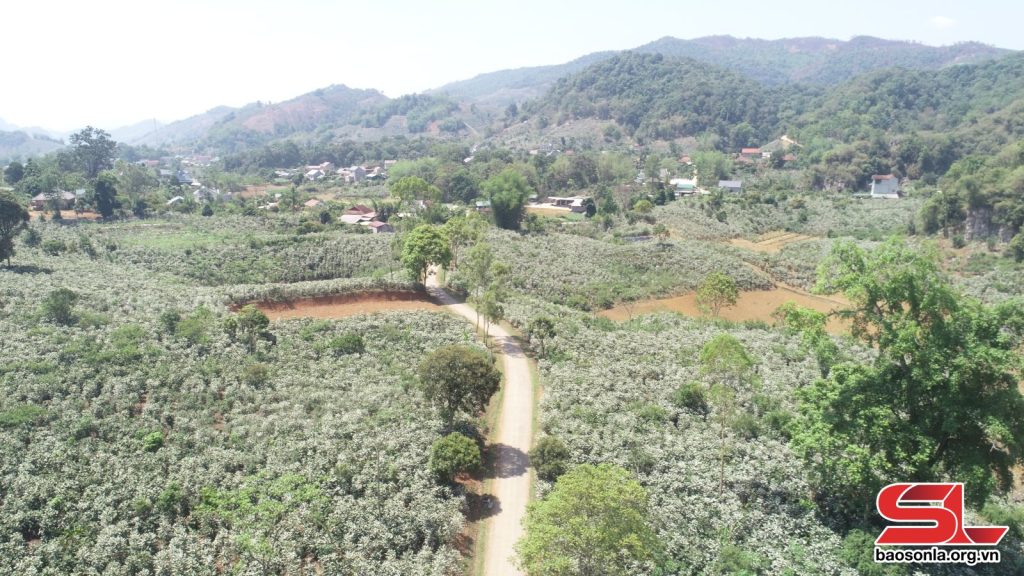Ha Noi is developing lotus plants as part of the strategy to restructure the agricultural sector associated with the development of urban agriculture and tourism. This is one of the important parts in restructuring crops and livestock to suit the urbanization process and build sustainable eco-urban areas,” said Vice Chairman of Ha Noi City People’s Committee Quyen.
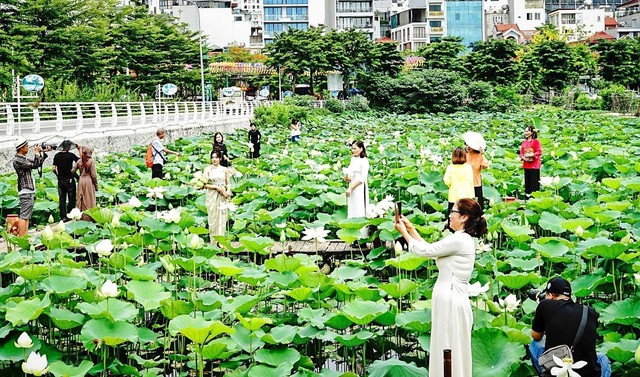
The Vice Chairman made the point at the the opening ceremony of the first Ha Noi Lotus Festival 2024 at West Lake Creative Cultural Space on July 12.
Exploring advantages
Ha Noi is one of the famous lotus growing areas in the country, has taken steps to turn lotus into a unique tourism brand and lure more tourists in lotus blooming season.
So far, Ha Noi is home to 600 hectares of lotus, mostly in Tay Ho, My Duc, Me Linh and Thach That districts, providing great spaces for photo taking lovers, and the materials for the production of handicraft and food products from lotus.
May products under the One Commune – One Product (OCOP) program have been developed from lotus, including lotus silk scarf, Quang An lotus tea, Me Linh lotus tea, lotus sausage, lotus steamed sticky rice, lotus longan sweet soup, lotus jam, and lotus milk, which have been exported to many countries around the world.
Commenting on advantages of Ha Noi in developing lotus tourism, Director of the municipal Department of Tourism Dang Huong Giang said that with a massive lotus area and a diversity of OCOP products from lotus, Ha Noi boasts great potential to boost the development of lotus tourism.
Many localities such as Tay Ho district can become typical tourist destinations in lotus season, Giang said.
The official noted that along with a large number of huge lotus ponds, Tay Ho also stands out for many historical relics and landscapes, making it attractive for visitors in summer.
Developing lotus tourism brand
Via the first Ha Noi Lotus Festival, the local authorities expect to introduce OCOP products made from lotus in association with the culture of northern mountainous localities.
This is a great chance for the district to shape its cultural and tourism brand.
Tay Ho is home to more than 70 cultural and historical relic sites, including Tran Quoc Pagoda, Quan Thanh Temple and Tay Ho Temple.
The land of flowers has formed many tourist sites in association with its strengths in flower cultivation, including Nhat Tan tourist site and West Lake flower valley, while developing pedestrians’ spaces and creative spaces combined with night-time tourism.
Many five-star entertainment sites have been built in the district, including the Ho Tay Water Park and Lotte centre.
Along with a good infrastructure system, Tay Ho district has a complex of entertainment and shopping areas, making it easier for visitors to have full experiences.
The district also launches more cultural and culinary products and activities related to lotus flower such as introducing Ha Noi’s lotus-marinated tea essence in some artisan families, and encouraging culinary establishments and restaurants to create more lotus dishes./.
Kim Loan
VGP – thanglong.chinhphu.vn

